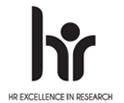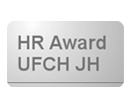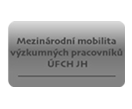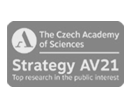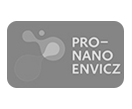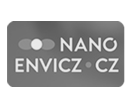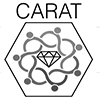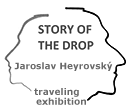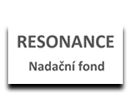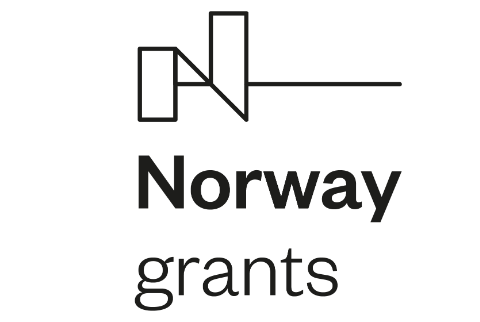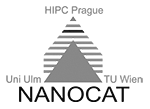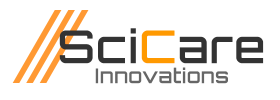SUNRISE, a preparatory action towards a European large scale research initiative

Brussels, 1st February, 2019
- The European Project SUNRISE, “Solar energy for a circular economy”, has been selected as one of the six Coordination and Support Actions (CSA) within the Horizon 2020 programme. Funded with €1M, it will last one year (starting in spring 2019), setting the basis for a European large scale research project.
- The SUNRISE Vision is a radical and ambitious scientific and technological approach for solar energy conversion and storage to provide a sustainable alternative to fossil-based, energy-intensive production of fuels and base chemicals. This is fully aligned with the recently released European Commission long-term strategy for a climate neutral Europe by 2050.
- SUNRISE joins together stakeholders from academia, industry, policy and society, including NGOs and global players in the energy, chemicals and automotive sectors, to develop the S&T roadmap of a large research initiative in the Energy, Environment and Climate Change area.
Six CSA projects have been selected for the 2018 call “FETFLAG-01-2018” within one of the three main research areas proposed: Information and communication technology (ICT) and Connected Society; Health and Life Sciences; and Energy, Environment and Climate Change. These actions aim at preparing new European large scale research initiatives to be potentially supported in the next European research and innovation framework programme, Horizon Europe. The selected proposals are urged to set the basis for large visionary, science-driven, long-term research projects focused on addressing the major European societal challenges and turning scientific advances into concrete innovation opportunities, growth and jobs.
SUNRISE, as part of the Energy, Environment and Climate Change area, gathers players from academia, industry, policy-making and society to prepare a strategic long-term research roadmap and a consolidated vision of a future large research project. SUNRISE aims at providing a sustainable alternative to the fossil-based, energy-intensive production of fuels and chemicals, based on solar energy conversion and widely available feedstock (CO2, H2O, N2). A sustainable CO2 cycle, which leads to an atmospheric CO2 concentration decrease and stabilisation at a level compatible with climate stability, is the main target behind this approach, which also aims for a sustainable use of land and natural resources to implement a circular economy.
“SUNRISE goal is to change the way fuels are produced, and provide chemicals and much more for the circular economy with very high yield directly from abundant solar energy and atmospheric gases. In the foreseeable future, a portfolio of SUNRISE technologies will fuel carbon neutral industries in smart liveable cities that go well beyond current imagination. We will provide seasonal energy storage in a zero waste society while reducing CO2 emissions” – Prof. Huub de Groot, SUNRISE coordinator.
SUNRISE is coordinated by Prof. Huub de Groot from Leiden University (the Netherlands) and brings together a multidisciplinary consortium of 20 partners from 13 European countries. The SUNRISE consortium includes: seven universities (Leiden University, University of Uppsala, Imperial College London, University of Turku, University of Warsaw, Norwegian University of Science and Technology and University of Louvain); eight research centres (French Alternative Energies and Atomic Energy Commission (CEA), Italian National Research Council (CNR), Swiss Federal Laboratories for Materials Science and Technology (Empa), IMDEA Energy Institute, Fraunhofer-Gesellschaft, Forschungszentrum Jülich GmbH, J. Heyrovský Institute of Physical Chemistry and Institute of Chemical Research of Catalonia); two European associations (European Energy Research Alliance, EERA; Energy Materials Industrial Research Initiative, EMIRI); and three companies (Siemens AG, Johnson Matthey and ENGIE).
On November 15th 2018, the consortium organised a SUNRISE meeting gathering around 90 members of the SUNRISE community in Brussels. Fruitful discussions on the project’s vision, mission and strategy were held by project partners and supporters (the detailed agenda and copies of the presentations are available for download under www.sunriseaction.eu). This has been the first step for building a strong and actively growing “SUNRISE ecosystem”, which will be essential to achieve the ambitious objectives of a future long-term research project. Currently, the SUNRISE initiative already counts with the support of more than 150 institutions worldwide, including academic centres, industrial companies, strategic networks, funding bodies, ministries and NGOs.
At the end of the CSA, the SUNRISE community will release a blueprint for the implementation of the SUNRISE large scale initiative, including a description of the short to long-term objectives, resources needed and the criteria to be followed for being an open, inclusive and cross-disciplinary effort following the Responsible Research and Innovation (RRI) principles.
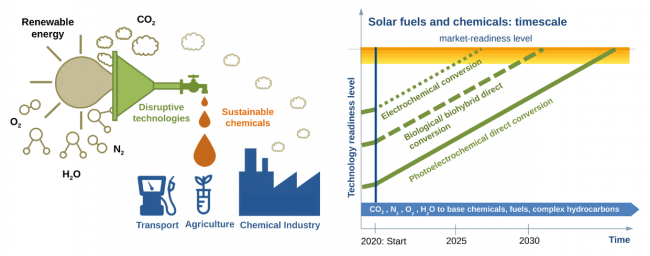
SUNRISE will facilitate transition to a circular economy and a carbon neutral society. The technologies to be developed as part of a large research initiative will transform carbon dioxide, water, nitrogen and oxygen feedstock into fuels and chemicals using sunlight. Electrochemical conversion using renewable power in combination with electrolysers will be complemented with integrated artificial photosynthetic systems and biohybrid approaches for the direct conversion of sunlight into chemical compounds.
Media contacts
Huub de Groot, coordinator of the SUNRISE proposal – groot_h lic.leidenuniv.nl (groot_h[at]lic[dot]leidenuniv[dot]nl) – +31 715274539
lic.leidenuniv.nl (groot_h[at]lic[dot]leidenuniv[dot]nl) – +31 715274539
Hervé Bercegol, deputy coordinator – herve.bercegol cea.fr (herve[dot]bercegol[at]cea[dot]fr) – +33 169087437
cea.fr (herve[dot]bercegol[at]cea[dot]fr) – +33 169087437
Laura López – WP Leader Dissemination, Communication & Education – llopez iciq.es (llopez[at]iciq[dot]es) – +34 977920828
iciq.es (llopez[at]iciq[dot]es) – +34 977920828






